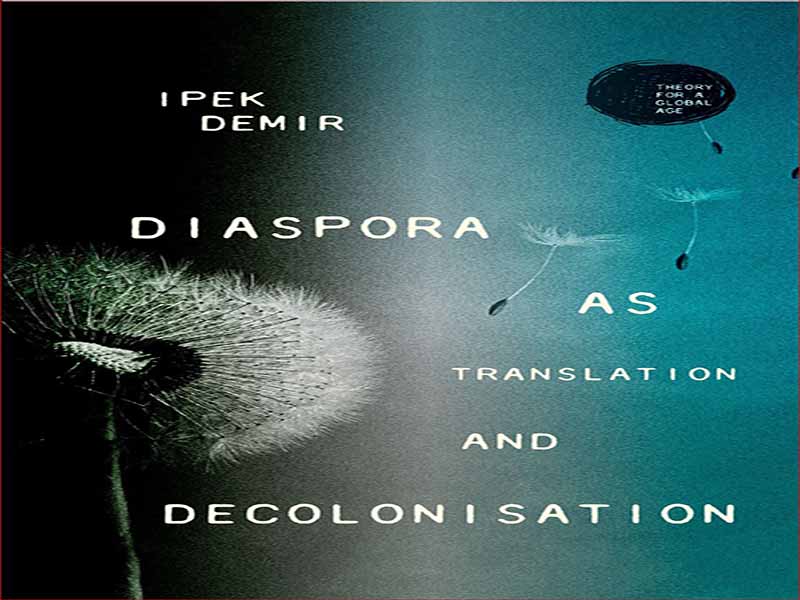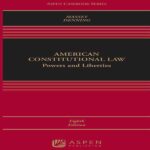- عنوان کتاب: Diaspora as translation and decolonisation
- نویسنده: Gurminder K. Bhambra
- حوزه: استعمار
- سال انتشار: 2022
- تعداد صفحه: 177
- زبان اصلی: انگلیسی
- نوع فایل: pdf
- حجم فایل: 1.75 مگابایت
مجموعه تئوری برای عصر جهانی، که این کتاب مهم جدید بخشی از آن است، فضایی برای بازاندیشی مفاهیم و مقولات محوری برای درک روزمره است. این امر با جدی گرفتن تجربیات و دانش کسانی که به ندرت به عنوان عامل در چنین فرآیندهایی دیده می شوند، انجام می شود. همچنین با بررسی مجدد درک غالب از طریق چارچوب ها و زمینه هایی که قبلاً در نظر گرفته نشده بودند، انجام می شود. دیاسپورا به مثابه ترجمه و استعمارزدایی توسط ایپک دمیر، گزارش جدیدی از دیاسپورا را با این عبارات ارائه می دهد. به عنوان مثال، او مشارکتهای کردهای دیاسپورا را بررسی میکند، و همچنین تمرکز ما را از نگرانیهای معمول کسانی که در دیاسپورا مطالعه میکنند – موضوعات «ایستا» مانند وطن، هویت و مسائل مربوط به تعلق – تغییر میدهد تا بررسی کنیم که چگونه خود جوامع دیاسپوریک. ترجمه، مداخله و استعمارزدایی از زمینههایی که در درون و در آن حرکت میکنند. دیاسپوراها اغلب از طریق سیاست دولت- ملت ها مفهوم سازی می شوند. به نظر میرسد که آنها در نتیجه مبارزات درون ملتها به وجود آمدهاند و به گونهای نشان داده میشوند که در کشورهایی که به عنوان ملتهای دیگران تلقی میشوند، ساکن میشوند. به این ترتیب، آنها بهعنوان حس «خانه» در جای دیگری غیر از جایی که هستند، معرفی میشوند. دمیر به شدت با چنین انجمن هایی مخالفت می کند. در مقابل، او دیاسپوراها را نیز در روابط تاریخی در نتیجه گسترش و از بین بردن تشکیلات امپراتوری قرار می دهد. با تکیه بر و بسط فرمول طنین انداز سیواناندان که «ما اینجا هستیم چون تو آنجا بودی»، او هم «ما» و هم «آنها» را از نظر دیاسپوریک بودن هرکدام بررسی می کند. در این فرآیند، او درک ما را از این اصطلاح و فرآیندهای مرتبط با آن گسترش میدهد.
The Theory for a Global Age series, of which this important new book is a part, is a space to rethink concepts and categories central to everyday understandings. This is done by taking seriously the experiences and knowledge of those who are rarely seen as agents in such processes. It is also done by re- examining dominant understandings through frameworks and contexts not previously considered. Diaspora as translation and decolonisation by Ipek Demir provides a brilliant new account of diaspora in just these terms. She examines the contributions made by the Kurdish diaspora, for example, as well as shifting our focus from the usual concerns of those who study diasporas – ‘static’ topics such as homeland, identity and questions of belonging – to examine how diasporic communities themselves ‘translate, intervene and decolonise’ the contexts within and across which they move. Diasporas are often conceptualised through the politics of nation- states. They are seen to come into being as a consequence of struggles within nations and are represented as coming to reside in what are regarded as the nations of others. In this way, they are presented as having a sense of ‘home’ elsewhere than where they are. Demir sharply contests such associations. In contrast, she locates diasporas also in the historical relationships consequent to the expansion and dismantling of imperial formations. Drawing on, and extending, Sivanandan’s resonant formulation that ‘we are here because you were there’, she examines both the ‘we’ and the ‘they’ in terms of each being diasporic. In the process, she expands our understanding of the term and its associated processes.
این کتاب را میتوانید از لینک زیر بصورت رایگان دانلود کنید:




































نظرات کاربران